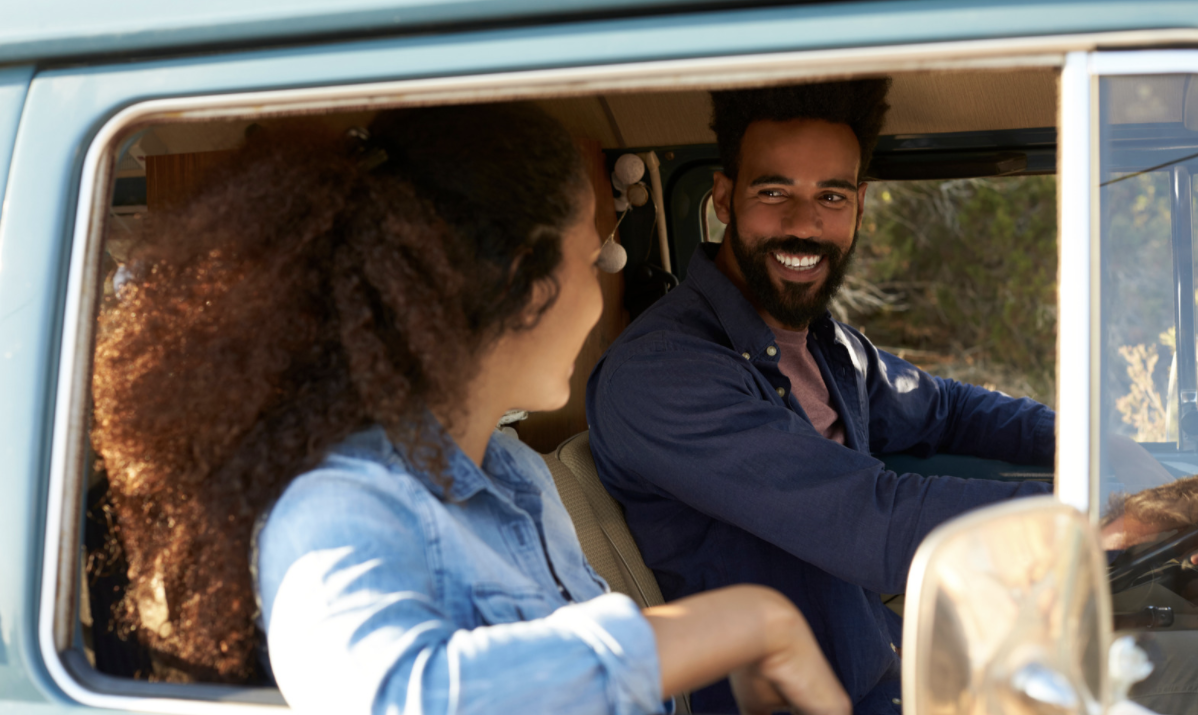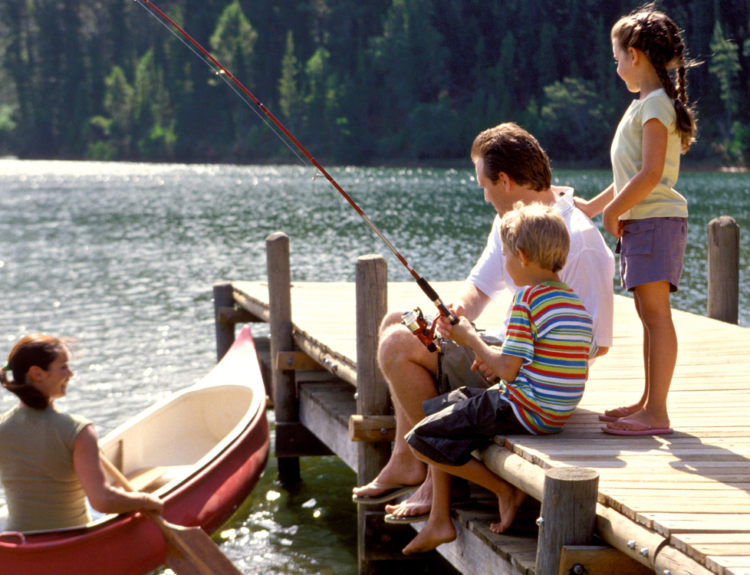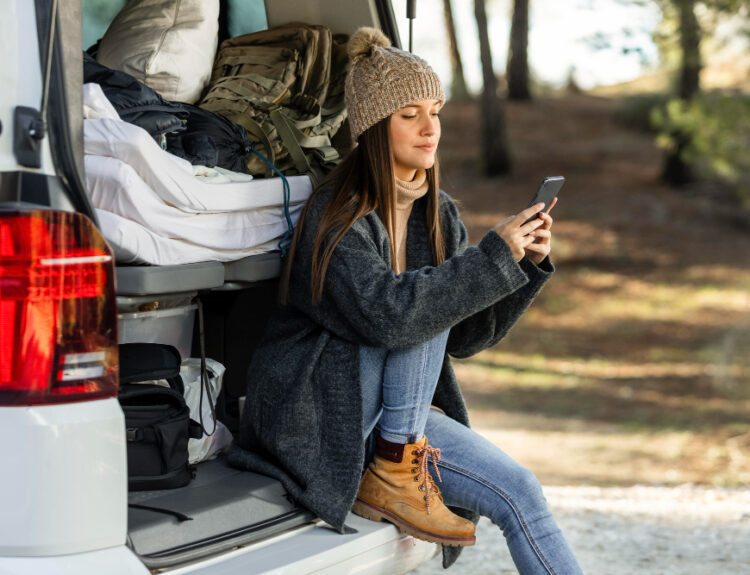There is a popular perception that the adoption of technology is creating a society that is becoming increasingly obsessed with social media, gaming, and generally being indoors.
However, according to a recent report by the Kampground Association of America (KOA), surveys show that this isn’t necessarily the case for all generations, especially when it comes to millennials.
The Low Down on Millennial Campers
Although you might be surprised to hear this, millennials are the fastest-growing group of campers in America. According to the results of the survey mentioned above, 77% of campers in 2018 were either millennials or Gen Xers. It is not a case of being dragged along on family trips either – both generations agreed that they are more likely to consider themselves as lifelong campers.
The millennials surveyed spoke about how increased household income and life events such as having children meant that camping is an affordable way to take regular vacations with the family. Whatever the reason(s), it’s clear that there is a growing desire to experience the outdoors and have new experiences, with over half of the respondents identifying their love of nature as the reason for their interest in camping.
Interestingly, although wanting to disconnect and be close to nature is the main drive for wanting to camp, millennials have a somewhat skewed idea of what it means to unplug. Technology is so ingrained in our lives that it’s impossible to completely put it away. In fact, 97% of campers admit to bringing some sort of technology with them on their trip, and 34% have their phone with them. Overall, they use technology at some level, whether for emergencies or normal, but allocated time usage.
Read on to find out more about why using technology, like a Reservation Management System, WiFi, and other amenities could help you grow your business and appeal to this expanding market.
How to Embrace Technology In Your Campsite and Win Over Millennial Campers
1. Offer Online Reservations
It can be challenging to think about changing up your tried and tested way of doing business to cater to a larger market, but adapting to changing circumstances is definitely not a zero-sum game. For example, using campground reservation software can save you a lot of time and effort when it comes to managing reservations.
A central system means you don’t have to sit in the office or by the phone all day to take bookings. Nor do you have to write things down manually and run the risk of losing a piece of paper or forgetting to note down specific requirements.
By using this kind of system, you also make it easier for campers to make a booking on the fly. They no longer have to wait for the perfect time to call and speak to the relevant booking manager and can instead select their dates and site themselves. While you don’t necessarily want to cut out all personal contact altogether, this kind of system will streamline your system and allow you to manage your booking calendar more effectively.
2. WiFi Benefits Everyone
While many might consider offering WiFi to guests in a nature park to be counterintuitive to the spirit of camping, installing this feature actually has many benefits. These include being able to offer more online services that will help out camping customers both during and after the trip.
For example, having WiFi can make it easier for them to find their exact campsite spot when they arrive with the use of online maps or directional services within an app.
Providing WiFi will also give people a chance to upload and tag their photos on social media, which can help you to market your business on the platforms through user-generated content. The KOA report outlined that when people do go online to access social media while camping, it was mostly to share videos or photos on their profiles.
It also provides campers with an easy and immediate way to contact you during their stay. There may be times when they need to let you know that something isn’t working or ask when the supplies store will be open again. In these cases, having access to reliable internet is useful, even though some might argue that this can prevent people from truly switching off and appreciating their surroundings. The solution to this could be to limit the WiFi range to certain areas so that it’s not accessible everywhere.
Lastly, the KOA report suggested that campers who have access to WiFi or cell service say they are able to take more trips in a year. Additionally, they also say that having WiFi access means they can stay an average of an additional six days longer than usual, raising the possibility of you securing lengthier stays for your business.
3. Collect Reviews
After they’ve checked out of the campground at the end of their trip, technology can provide a platform to collect valuable feedback about their experience. By logging onto the platform, campers can easily leave a star rating and review for others to see. This is beneficial for your campsite or RV park in two ways.
Firstly, it provides social proof that your campsite is worth visiting. Prospective campers will likely read reviews first to see what others who have stayed at your site have to say before making a booking.
Secondly, reviews can also help to identify any service issues that you may be unaware of. If a customer points out that they had a great time but something wasn’t working, you now have the insights to take action and fix anything that needs tending to.
Conclusion
While some might feel nostalgic about the days of camping being a totally disconnected experience, we’d like to suggest that there can be a harmonious balance between technology and nature.
With millennials being the up and coming market for your campsite, using technology to connect with them at every stage of their camping experience provides a win-win situation all around.






